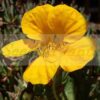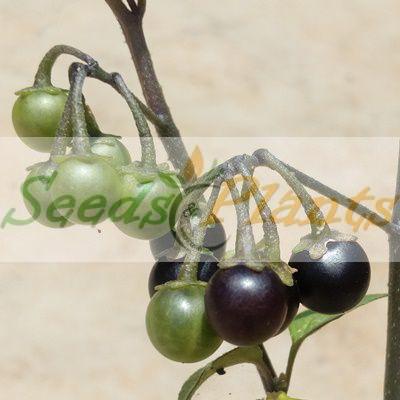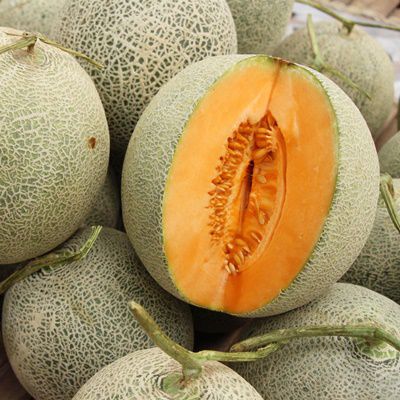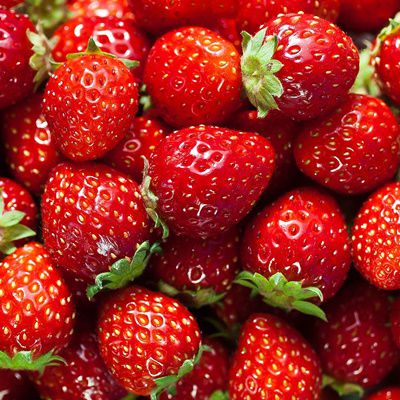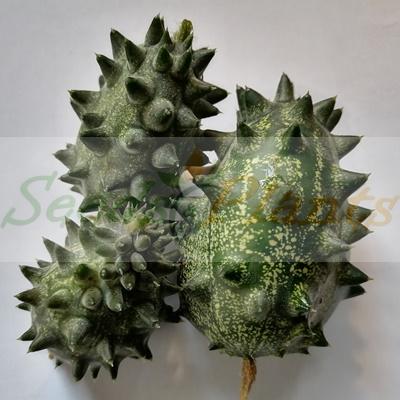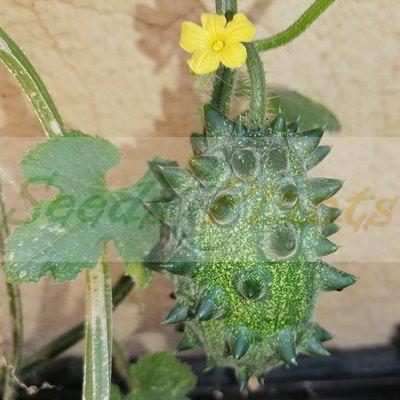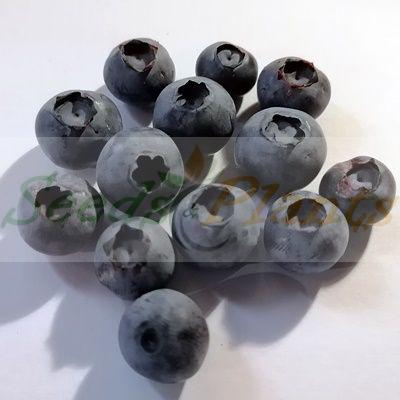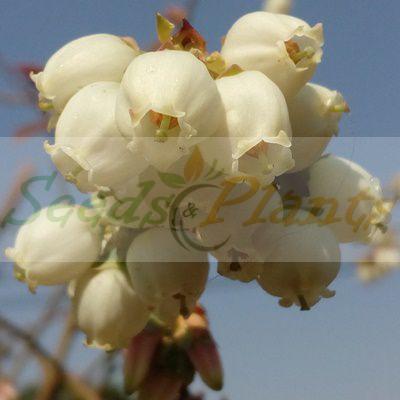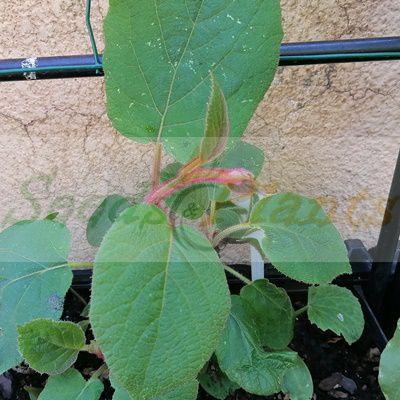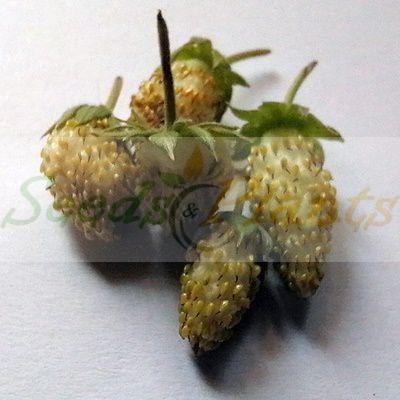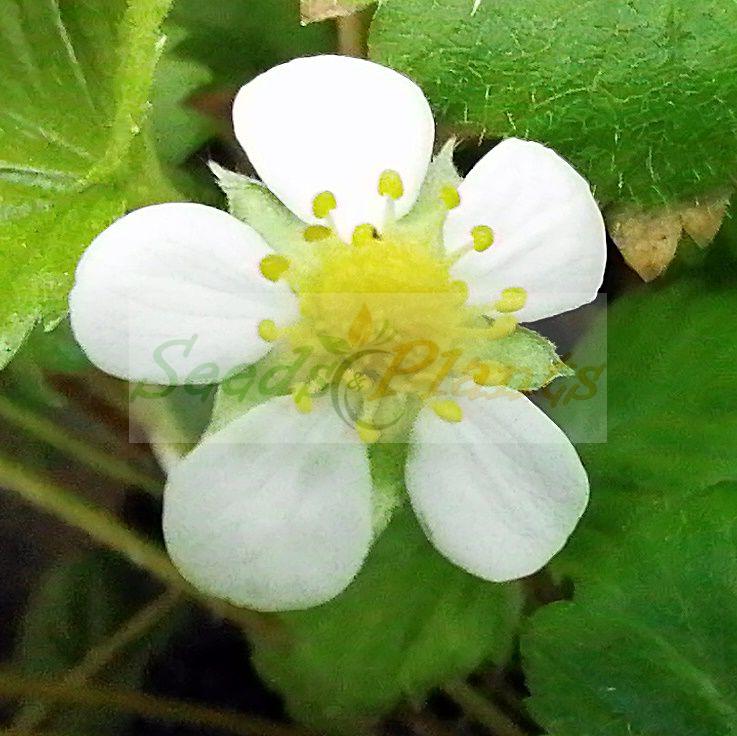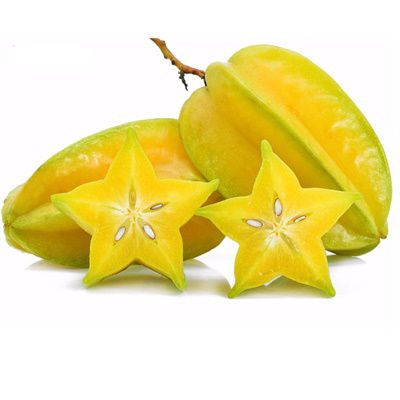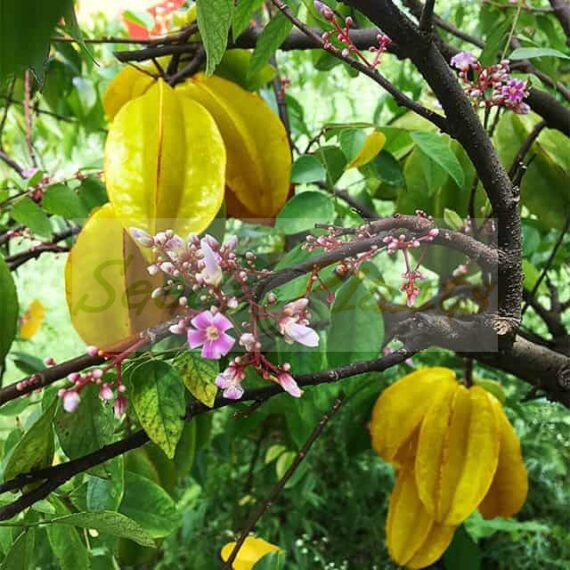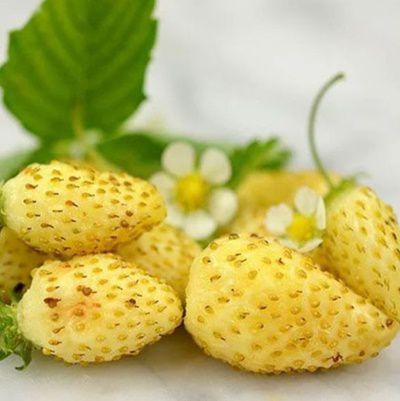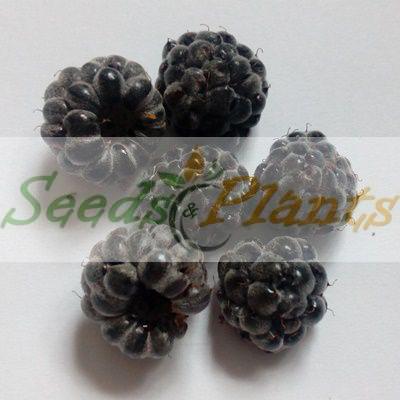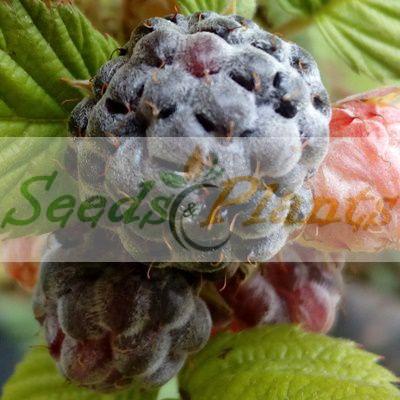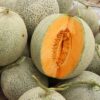-
×
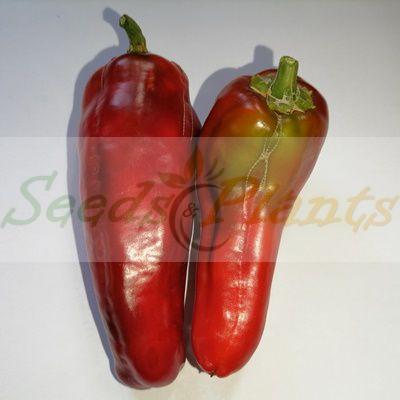 Red Marconi Pepper - 5 Seeds
1 × R30.00
Red Marconi Pepper - 5 Seeds
1 × R30.00
Hales Best Melon – 10 Seeds
(Cucumis melo var. cantalupensis)
R30.00
It is more tolerant of drought than other cantaloupes and can be grown in a wider variety of climates.
Seed Type: Heirloom Melon.
Indoor Sowing: Late Winter / Early Spring.
Direct Sowing: Spring and Early Summer.
In stock
Hales Best Melon Seeds. Hale’s Best cantaloupe is a classic favorite dating back to the 1920s. It was introduced into the market by I.D. Hale, hence the name, who discovered this varietal in Imperial County near Brawley, CA under development by a Japanese grower.
This spanspek, cantaloupe, or muskmelon, has heavily netted skin with thick walls and a small seed cavity, allowing for more of its mouth-watering, sweet fruit. It is more tolerant of drought than other cantaloupes and can be grown in a wider variety of climates.
Growing Hales Best Melon
Indoor Sowing: Late Winter / Early Spring.
Direct Sowing: Spring and Early Summer.
- Do not plant them outside until the soil temps is at least 21-26 C.
- Sow several seeds 1cm deep in peat pots and keep them at a constant 23 C while germinating.
- Thin to one strong plant per pot.
- Harden the plants gradually by placing them outside for increasing numbers of hours each successive day so they are nice and strong when you transplant them.
- Transplant the seedlings in compost amended hills 4-6 inches apart with 2-3 plants per hill, in full sun.
- Consistent watering at onset is crucial for plump, juicy melon production. Reduce watering once fruit is set.
- Pinch off smaller fruits after midsummer so the plant can send all its energy to the larger fruit.
- Can be grown on trellises.
- After about 85 days, the blossom end will have some give with an aromatic aroma.
- A crack will form on the stem right near the attachment point. This is called the “slip stage” and allows the melon to detach from the vine. This should be very easy, requiring no effort. If you have too force it, the melon isn’t ready.
- Melons can also be removed from the vine and allowed to ripen further.
Disclaimer
Medicinal Information:
All medicinal information on this website is for educational and informational purposes only and may not be construed as medical advice. The information is not intended to replace medical advice or treatment offered by healthcare professionals.
Seeds, Plants, Plant Cuttings, Geophytes and Dried Herbs:
In some countries and provinces, certain plants are deemed as invasive and are not allowed to be planted at all, whilst some plants are allowed to be grown only in certain areas or provinces. The onus is on you as the buyer to familiarize yourself with the regulations pertaining to your location, before purchasing any of our seeds, plants, plant cuttings, geophytes or dried herbs. We will not be held liable, should you purchase any seeds, plants, plant cuttings, geophytes or dried herbs. from us which are prohibited in your country or province.

